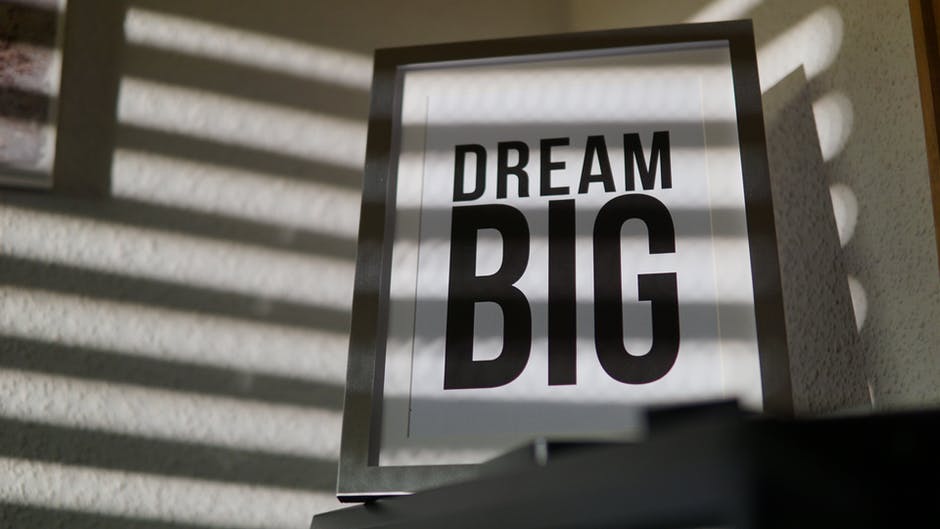Job hunting in the modern world is a far cry from the days of walking into a business, having a chat with the owner, and walking out with a position. Today, applicants have to sift through hundreds of job listings online, many of which require you to attach a variety of documents.
The two most common attachments recruiters will ask for are resumes and cover letters. What is the difference between a cover letter and a resume, though, and when should you use which type of document?
To learn the real distinction between a resume vs cover letter, read on.
What Is a Resume?
A resume is a concise, scannable, one-page summary of your work history, skills, and experience. It’s broken into bullet points, headers, and small chunks of text rather than paragraphs. After glancing at your resume, a recruiter should already be able to tell whether you’re qualified for a position.
Resumes should include the following information:
- Contact information—your phone number, email, and city/state of residence
- Educational history—if you’ve been to college, leave high school information off
- Licenses, professional memberships, or certifications
- Work history—most recruiters prefer this in reverse chronological order
- Relevant skills and experience—include both hard and soft skills
- Relevant awards or honors—once again, leave off high school achievements if you’ve been to college
Writing a resume that will land you an interview isn’t as simple as listing all the jobs you’ve held in the past. They should be as straightforward and to-the-point as possible. Try to keep your sentences short while still including the keywords that recruiters and applicant tracking systems look for.
If you’ve never gotten a professional seal of approval for your resume, it’s worth looking into resume development services for help.
What Is a Cover Letter?
While a resume tells hiring managers whether you’re qualified for a job, a cover letter is your chance to explain why your qualifications make you the best choice for a position. They give recruiters a better feel for your personality and desire for the position.
Cover letters should start off with a formal header and greeting. Use the hiring manager or recruiter’s name if you can find it. After that, give a one-sentence description of how you found this job listing.
Next, write 3-5 short paragraphs (not more than one page) that explain how you would contribute to their business if hired.
When writing a cover letter, don’t make the mistake of re-writing your resume in letter format. This is your chance to expound on the highlights of your work life so far. Reference past situations where you excelled, talk about why you want to work for this company as opposed to other ones, and answer any questions you think recruiters will have when reading your resume.
Finally, close the letter with a “thank you” and describe the best way to get in touch with you for an interview.
Resume vs Cover Letter: Learning the Difference
When you’re searching for jobs, it pays to know what recruiters are looking for ahead of time. Now that you know the real difference between a resume vs cover letter, it’s time to document your past experience and land an interview.
Want to learn more about the curious ways the modern world works? Make sure to read through the other articles on our site.

